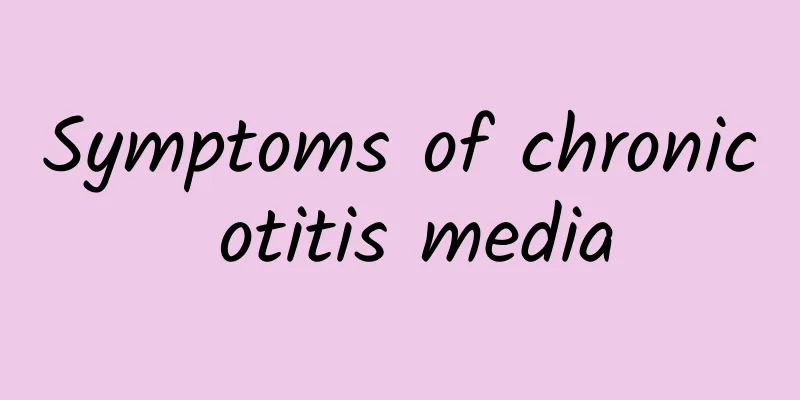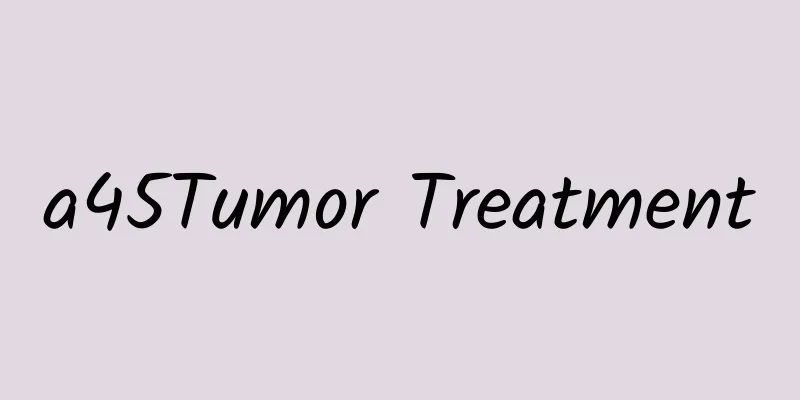TCM Syndrome Classification of Dysmenorrhea

|
There are many causes of dysmenorrhea, ranging from mild to severe pain. In general, Chinese medicine divides people with dysmenorrhea into those with weak qi and blood and those with kidney deficiency. No matter which type it is, it should be treated in time. Chinese medicine is the best treatment. The root of the disease must be eradicated. You must not stop treating it after it has recovered. Also, be careful not to have sex during your menstrual period. You can only have sex after your menstrual period is completely over. For women with dysmenorrhea, treatment with TCM syndrome differentiation method can achieve the effect of treating both the symptoms and the root cause. For example, if the patient with dysmenorrhea is diagnosed as having kidney qi deficiency, the treatment should use drugs that have the effects of tonifying the kidney and replenishing essence, nourishing blood and relieving pain. The recommended prescription for patients is Yishen Tiaojing Decoction or Tiaogan Decoction. For patients with dysmenorrhea caused by weak qi and blood, drugs that have the effects of harmonizing, relieving pain, replenishing qi and nourishing blood should be used during treatment. Dysmenorrhea refers to different degrees of lower abdominal pain symptoms that occur during women's menstrual period. Patients with mild dysmenorrhea may only have dull pain in the lower abdomen on the first day of menstruation. Women with severe dysmenorrhea are troubled by dysmenorrhea symptoms throughout the menstrual period, and may even vomit or faint due to severe lower abdominal pain. For women with dysmenorrhea, treatment through the method of TCM syndrome differentiation can achieve very good results. The following is an introduction to the commonly used TCM syndrome differentiation and treatment classification methods for dysmenorrhea: 1. Traditional Chinese medicine believes that dysmenorrhea patients are diagnosed as having kidney deficiency. The main symptoms are dull pain in the lower abdomen during or after menstruation, which can be relieved by massage. The menstrual volume is relatively small, light in color and thin in texture. At the same time, it may be accompanied by symptoms such as soreness of the waist and knees, dull complexion, dizziness, tinnitus, clear and long urination, pale tongue, thin fur, and deep and thin pulse. During treatment, drugs that have the effects of tonifying the kidney and replenishing essence, nourishing blood and relieving pain should be used. The recommended prescription for patients is Yishen Tiaojing Decoction or Tiaogan Decoction. (2) Dysmenorrhea caused by Qi and blood deficiency is mainly manifested by dull pain in the lower abdomen during or after menstruation, which can be relieved by massage. The amount of menstrual blood is relatively small, dark in color and thin in texture. It may also be accompanied by symptoms such as insomnia, dizziness, palpitations, fatigue, pale complexion, pale tongue, thin fur, and weak pulse. During treatment, medicines that have the effects of harmonizing the stomach and relieving pain, replenishing qi and nourishing blood should be used. The prescription that has these effects is Huangqi Jianzhong Decoction with Codonopsis pilosula and Angelica sinensis. (3) Patients with Qi stagnation and blood stasis type dysmenorrhea mainly experience bloating and pain in the lower abdomen before or during menstruation. The menstrual blood is dark purple with blood clots. The dysmenorrhea symptoms can be relieved after the blood clots flow out or when heated. The symptoms are accompanied by chest and flank pain, breast distension, dark purple tongue, or petechiae, and stringy pulse. During treatment, medicines with the effects of promoting qi and blood circulation, removing blood stasis and relieving pain should be used. The prescription recommended by traditional Chinese medicine for patients is called Gexia Zhuyu Decoction or Tongjing Fang. This is an introduction to the classification method of TCM diagnosis and treatment of dysmenorrhea. I hope that after reading this, female friends will have a new understanding of the TCM treatment methods of dysmenorrhea, and it will be helpful in the treatment of this disease. During specific treatment, not only should you take medication under the guidance of a professional doctor, but you should also pay attention to self-care measures to help the body recover faster. |
<<: What is the reason for fainting during dysmenorrhea?
>>: Causes of eczema in adults
Recommend
Exercises to treat knee cracking
It is normal for the knees to make noises. Our kn...
Where is the popliteal fossa located in the body
Where is the popliteal fossa located in the body?...
What is the pain on the top of the head?
The top of the head is a very important part of t...
Can I have an induced labor if I have a cold?
There are actually many things to pay attention t...
What are the treatments for asthma?
Many people have suffered from asthma in their da...
The efficacy and function of drone pupae
Bee pupae mainly include worker bee pupae and dro...
What causes puffy eyes?
Puffy eyes are a common phenomenon in life. Genera...
Several major organs of the body also need to "sleep", are you still staying up late?
Is staying up late harmful? Yes! The impact is hu...
How to take progesterone
Progesterone is a natural progestin secreted by t...
What does the conscription urine test check for?
I believe that joining the army is a wish of many...
Why does a child walk with one foot turned inward?
When a child is walking, if one foot turns inward...
What to do if your menstruation does not stop after abortion
We all know how much impact miscarriage has on a ...
How to apply a Band-Aid correctly?
Band-Aids are a very common medicine for treating...
What should pregnant women do if they feel food stuck in their chest?
Women will encounter many situations during their...
Is it good to eat protein powder regularly?
Protein powder is a relatively good nutritional s...









